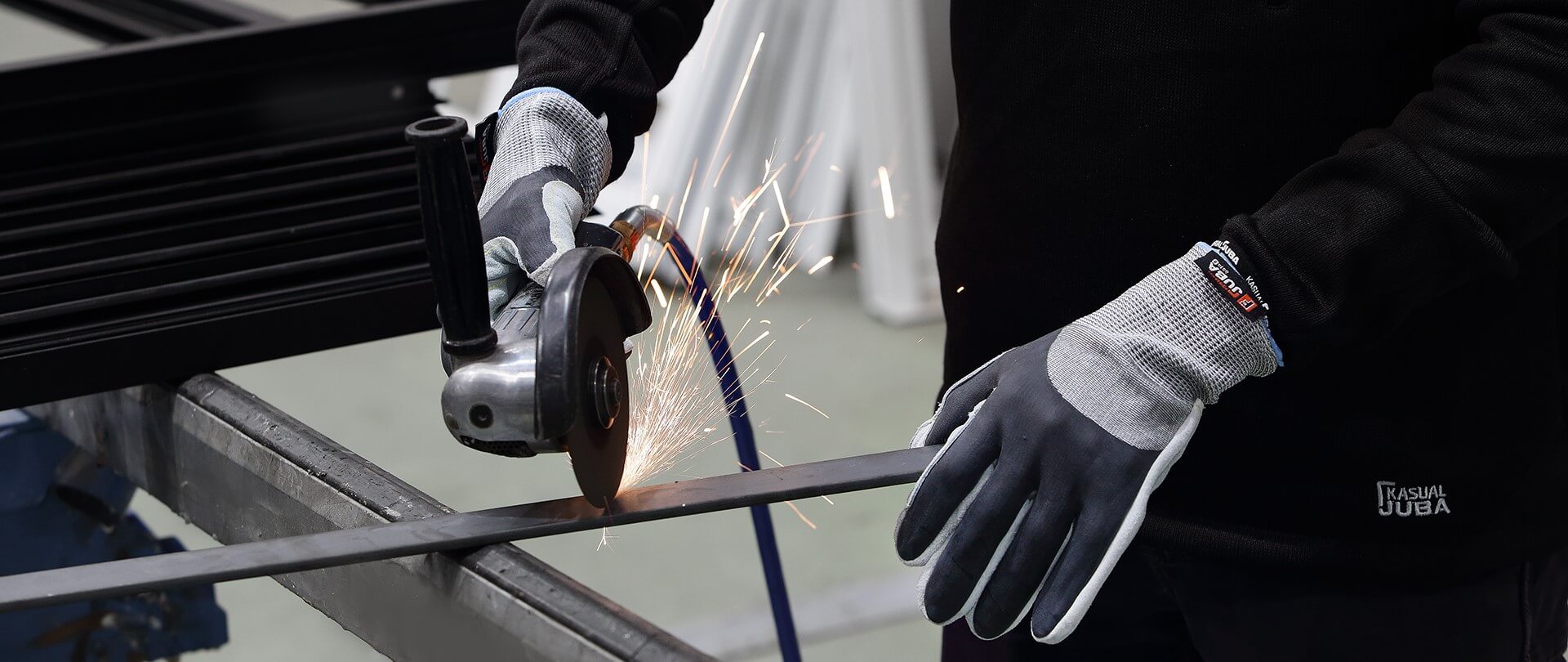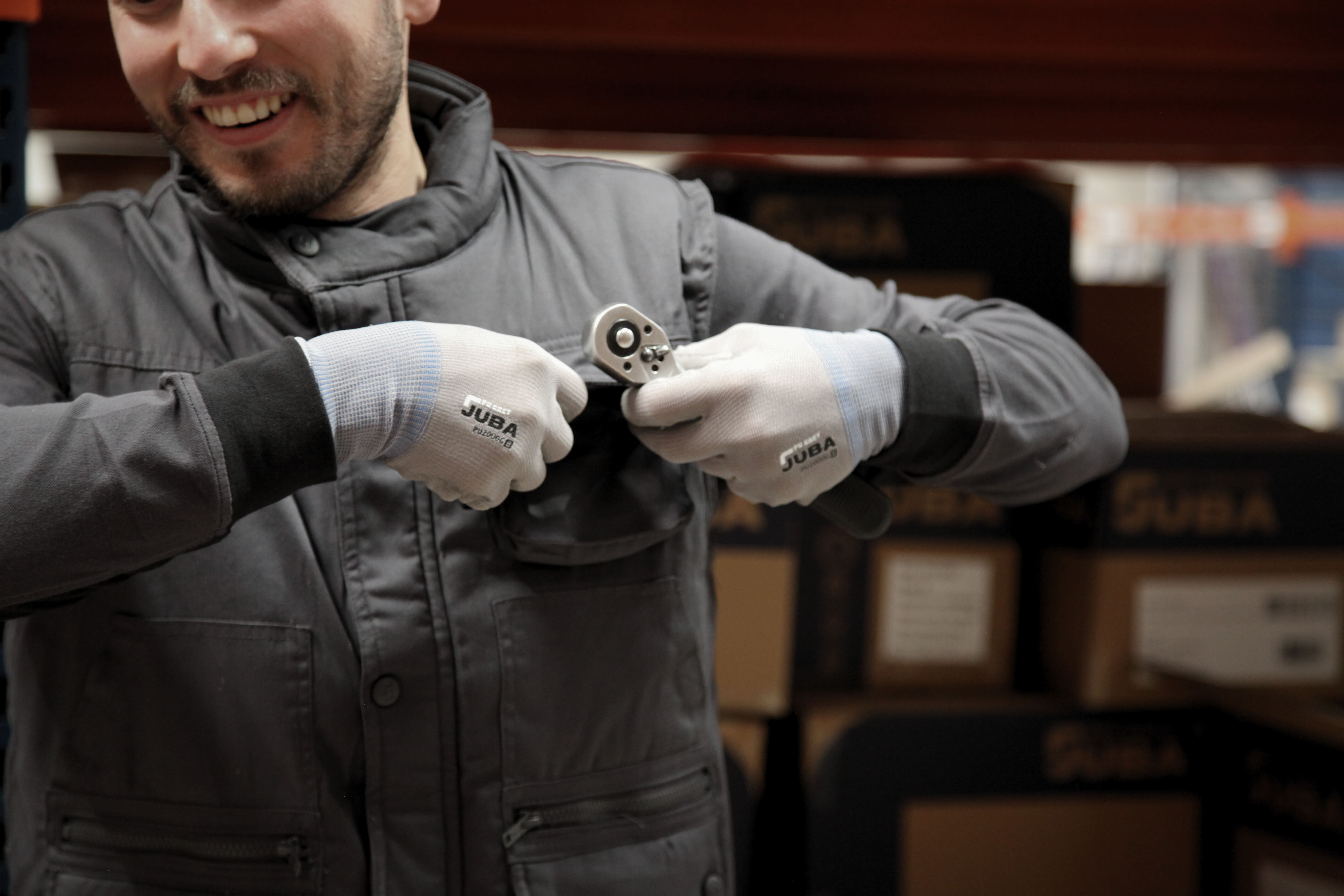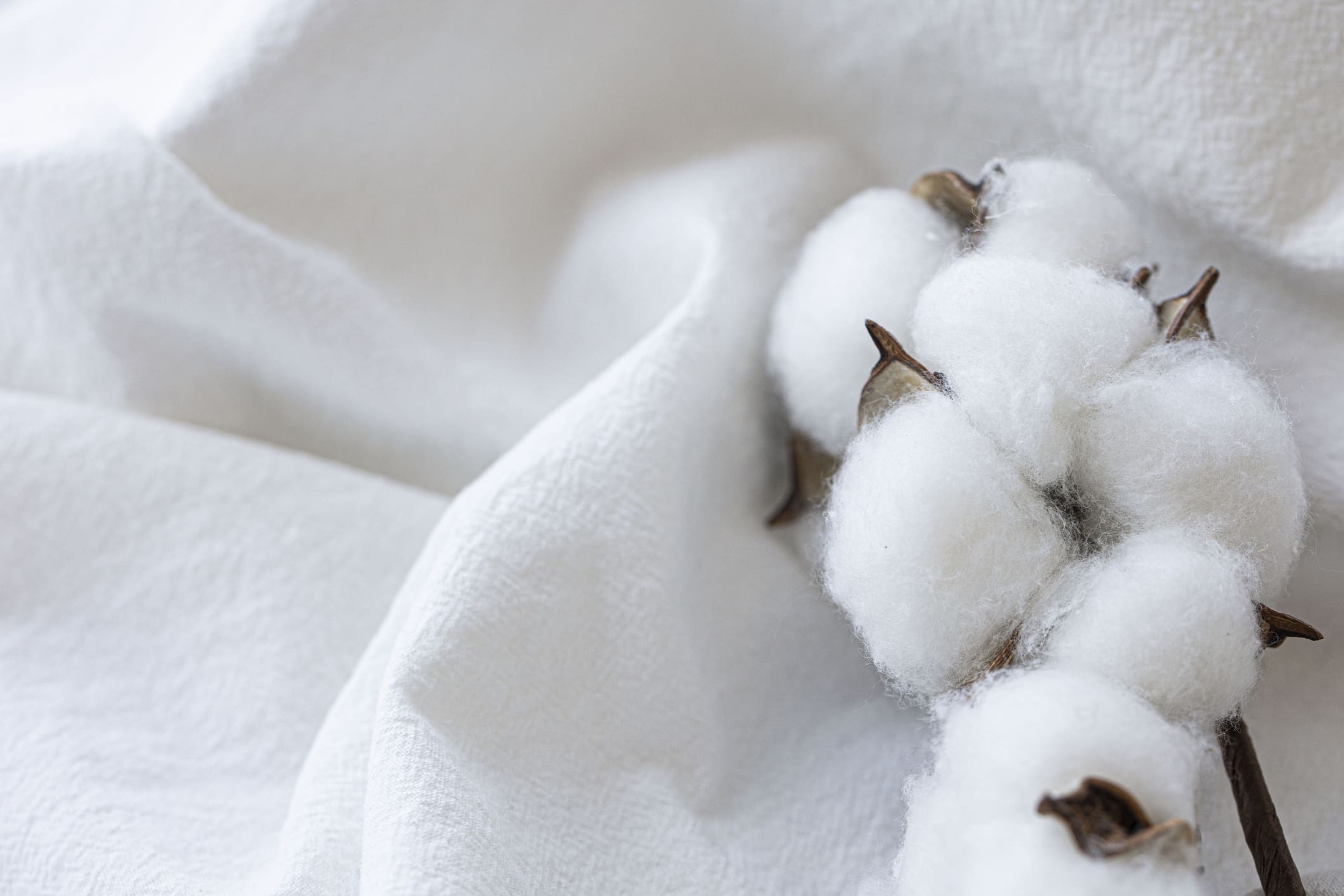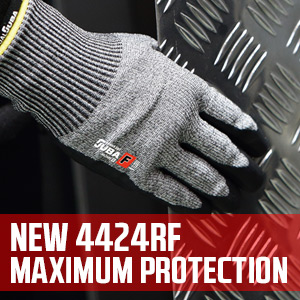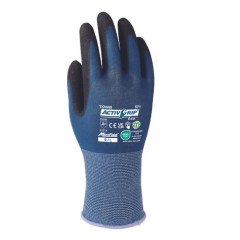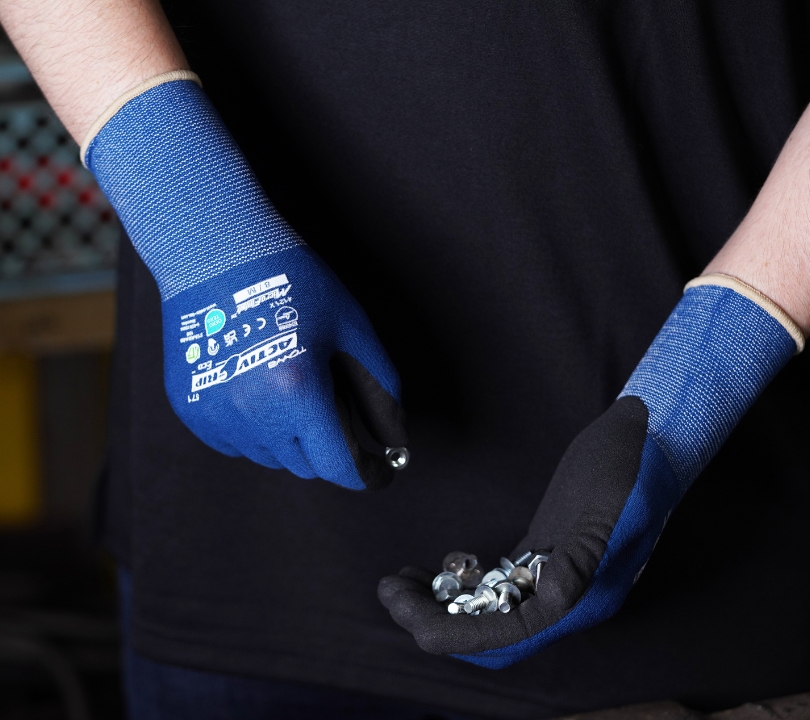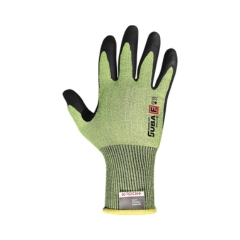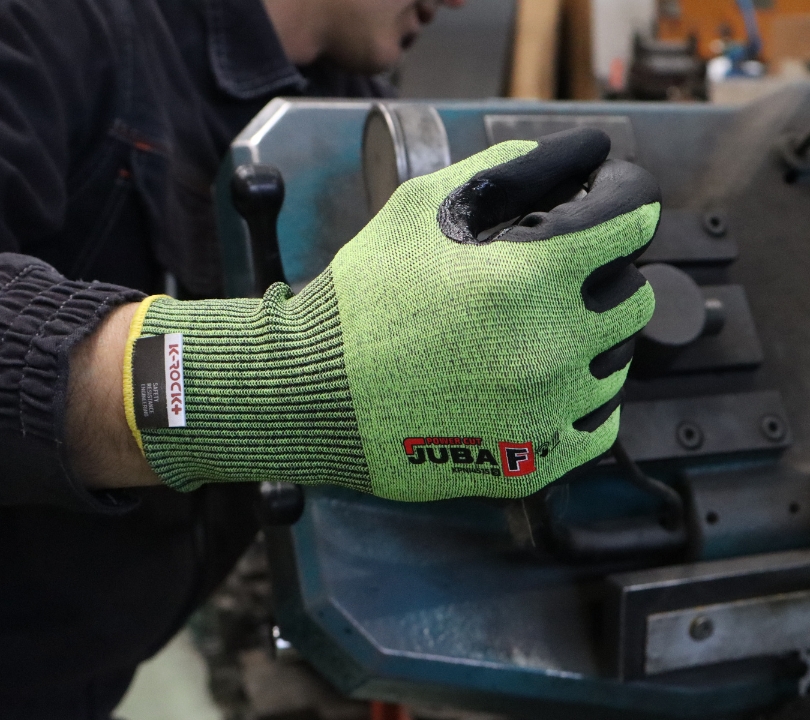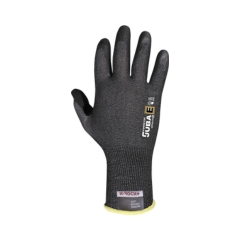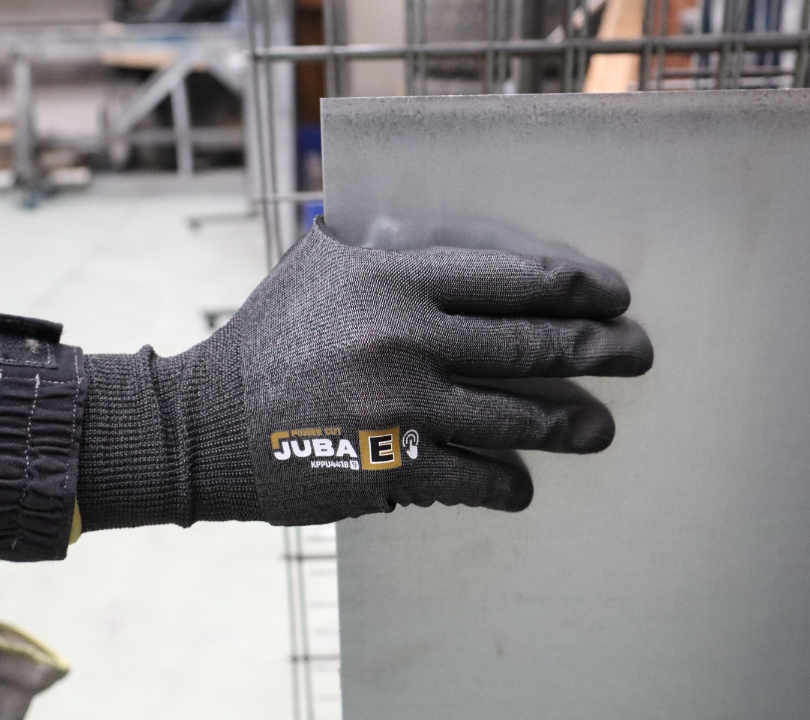Technical articles
Cotton vs. polyester: which fibre to choose for work wear
Among the workwear products available in Juba's catalogue, it is possible to find different manufacturing materials, some of the most common being cotton and polyester.
Both offer optimal properties for different types of work, so it is advisable to know the differences between these two materials, in order to use the best workwear for each situation.
Differences between cotton and polyester workwear
The differences between cotton and polyester workwear become clearer when you know the properties of each material. We highlight below the most important ones for each:
Characteristics of cotton for workwear
Cotton is a natural fibre that is recommended for workwear due to its lightness, freshness and comfort, as it is an absorbent and soft fabric.
Cotton is insulating, hypoallergenic and will not generate static electricity. In this way, it guarantees good breathability while maintaining body temperature.
Cotton is also hard-wearing, so in workwear it can offer good durability. In addition, it does not crease easily and can regain its shape after heating.
Characteristics of polyester for work wear
Polyester is a polymeric material that stands out in workwear due to its high resistance, lightness and the comfort it provides to the wearer.
Due to its characteristics, it is more resistant to stains, including oil and grease. In addition, it is easy to wash and dry.
Polyester also has good waterproofing properties, so it is more resistant to rain and contact with liquids.
Guide to choosing the right fibre for your work sector
Based on these characteristics that help us differentiate the properties of cotton versus polyester, we can better identify which garments to use according to working conditions:
In cold environments cotton is more recommendable as it provides a feeling of quality that polyester does not transmit. However, it is waterproof, so it is preferable if the work environment is very humid or wet.
However, polyester can be a flammable material, so it is not recommended for workplaces where there is fire or extreme heat.
Maintenance is another factor to consider. Polyester can be washed and dried more quickly, so you can have work clothes in perfect condition in less time.
In case you need protection from rain, polyester's waterproof properties make it more recommendable.
Juba's polyester clothes include the 740DN THERMAL UNDERWEAR thermal T-shirt made from 73% polyester, 22% polyamide and 5% Lycra.
This thermal T-shirt has an intelligent fabric (ACTIVE PRO), with thermal regulation and sweat evacuation, which adapts to environmental conditions and guarantees optimum comfort.
If what you need is a workwear item made from cotton, Juba's workwear catalogue features a number of references made from this material. Among them, Juba's 100% cotton coveralls are available in two colours: traditional blue and navy blue. Coveralls are a basic garment for many trades and types of work, both indoor and outdoor; as it is a complete piece, it covers the worker's body completely and protects it from dirt and other aggressions without leaving areas uncovered. At Juba we have a line of work wear made exclusively with cotton, including trousers, polos and T-shirts, jackets and coveralls in navy blue and navy blue
In addition, among Juba's most outstanding models is 770 Nature, a 100% organic cotton polo shirt, made without chemical substances that may be harmful to some sensitive skins. This cotton polo also has the Global Organic Textile Standard (GOTS), a certificate that encompasses the process of gathering raw materials, going through manufacturing to labelling in an environmentally and socially responsible way with at least 70% certified organic natural fibres, in order to offer guarantees of safety and credibility to consumers.
15 October 2024
Read more
